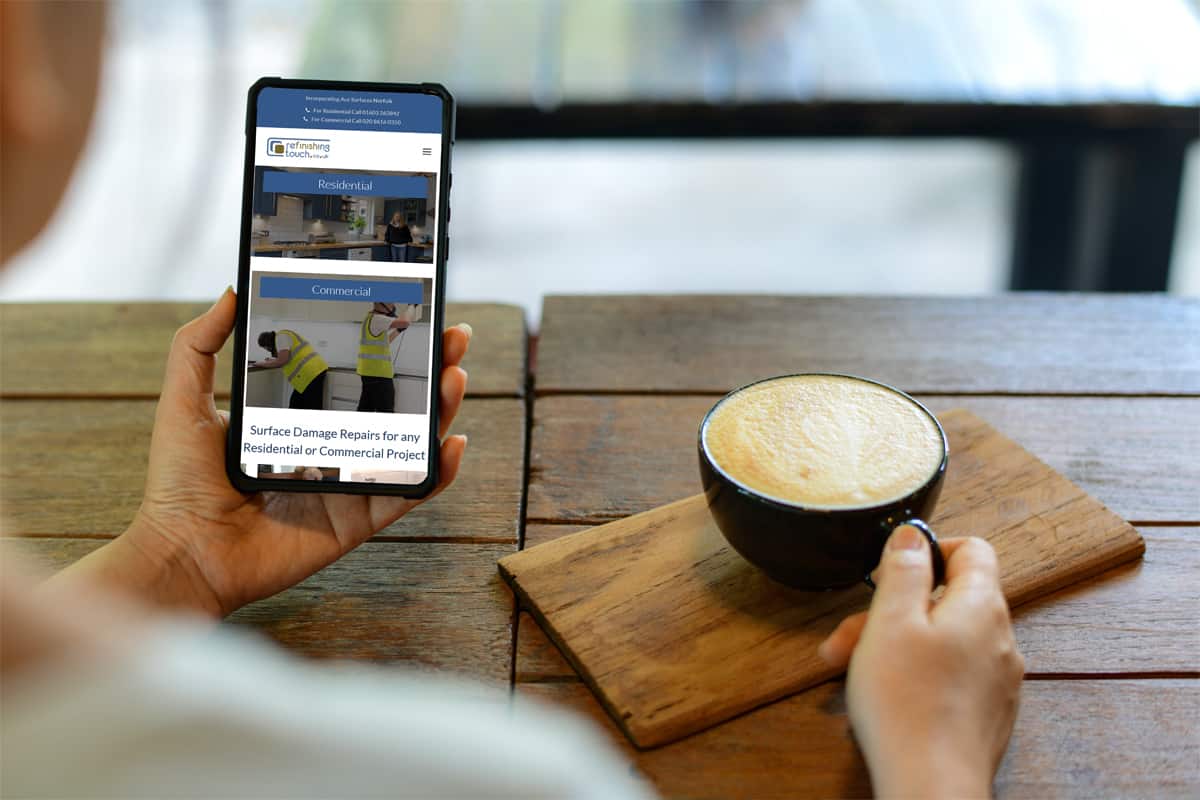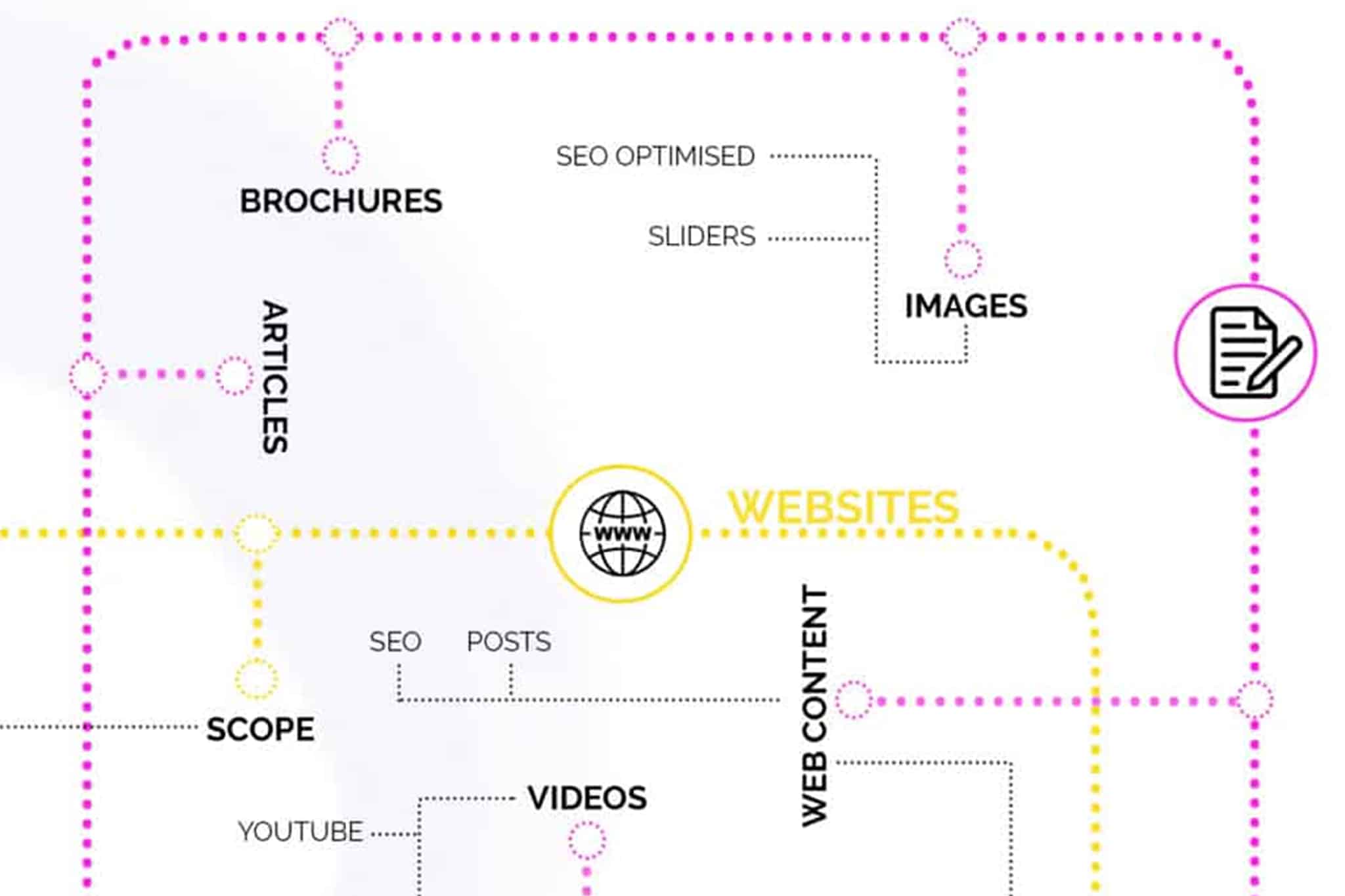Creating An App – Ask These Questions First
Before you set out to create an app make sure you ask yourself these questions. Creating an app can be an incredibly powerful marketing and business tool, if it makes sense for your business.
In this article we will look these key factors and apps and hopefully at the end of the article you will be in a better position to consider whether pursuing an app development would be beneficial to your business.
Its important to note that these questions are in no way trying to dissuade you or your business from developing an app. When developed within the correct framework apps can elevate your business and engage an audience in varied and effective ways. These questions will hopefully ensure that the app you develop is commercially beneficial.
Number 1. Is there a market for this app?
From a business perspective this is the most important element so lets look at this first.
Who is asking for this app?
If you’re going to invest money, time and resources building an app, what’s on the other side? Are you hoping for loads of downloads and increased engagement.? So step1 before you start creating an app, you should be able to answer this question:
“People will download this app because ……………………..”
Warning: If that blank space above is hard to fill, perhaps you should examine your strategy or requirements. The better a customer understands the purpose of the app, the more confident you can be that they will be very exact and specific about what the app needs to do, who its focused at, how they will use it etc.
2. What are the business objectives for the mobile app?
- Is the mobile app an internal app to increase workforce efficiency?
- Is the mobile app there to open the product or service up to a new profile of user?
- Will it increase sales from existing customers?
The above 3 points are all very, worthy reasons to build an app.
The answers to the above question will significantly influence
- How you build the app,
- The core features and functions of the app,
- What platforms the app needs to run on
- Once the app goes live, what Key Performance Indicators (KPIs) and analytics do you need to track .
3. What will the new app do that isn’t currently being done?
Answering this question can help answer the previous one. A market is going to form when you meet a demand that isn’t being met.
Your app – ideally – should utilise capabilities a smartphone, watch, or tablet has that a laptop doesn’t.
As an example, if your app involves using GPS or voice commands, it’s likely providing a solution to a problem.
With apps its always important to establish who will the app compete with?
It’s important to have completed a detailed evaluation of competitors in the space / environment that you can work from? On many occasions we have heard clients say “We don’t have any competitors here, we are the first with this?” Whilst a common response, its usually not true as there may be no direct competitors but that doesn’t mean that there aren’t other ways indirect competitor’s that people are solving the problem.
This shouldn’t be an App to App comparison to get a more insightful answer
Ask the question “how do the future users of your app currently solve this problem?”
4. What problem does my app solve and who is going to use it?
This gets us to the critical issue of what problem does your app solve?
If I can access or do the same things on your mobile site that I can do on your app, it’s superfluous.
If your app doesn’t provide a unique technological advantage or solve a specific problem, it may not be worth the investment.
So who is going to use your app?
Whilst this may seem similar to the market market question, this is something you should be able to answer easily before expending resources to create and maintain an app.
Putting yourself in the target customers shoes
When you put yourself in your customer’s shoes ( a great and fundamental marketing approach)
- Are you excited about this app? – Does it provide you with something that you must have instantly on your smartphone?
- Would you seek it out? – if you heard about the benefits it provides would you take time to search it out
- Would you tell your friends? Be honest with yourself and the answers, it can save you a world of frustration later.
An example I would use is a great app caller Otter Ai– a great dictation too that I have on my phone and I invariably ending up telling companies about who need to take notes / write content.
5. What platform should I develop the app on?
No w I want to start this answer with a proviso that this is a complicated question and without sounding like a politician. It is going to depend greatly on what you need your app to do and what your end game is.
There are benefits and drawbacks to developing on either Android or iOS. Make sure you do your due diligence before choosing.
- Is it to work across tablets and mobiles?
- Can this be one version that resizes or do you need a build for both?
- How back compatible does it have to be , iOS8 and later, Android 5.0? Android
4.0?. - Does the app need to work offline?
- Will it have to connect with wearables or Internet of Things devices?
- What languages is the app going to be built in?
The answers you get to question 4 who are the target users of the app will hopefully influence the above
6: What’s the budget when creating an app?
As apps are a new venture for many companies they don’t have a fixed idea of a budget, and as always want as much functionality and performance as possible for as little costs.
Mobile app projects are really difficult to budget estimate, but for you to scope the project you need at least to work to a range.
Its really important for companies to recognise that the scope of work is not just about the physical build.
Budget needs to be allocated for
- Researching the app competitors – whilst there may be no single source competitors that do it all, are there functions available in other apps
- What are the key / core functions that users will highly value that will guide you on what the first release or Minimum Viable Product (MVP) needs to have for the app to be market ready.
- It important to get to a range of requirements pretty quickly, otherwise expectation management is going to be difficult
- Identify and agree the ongoing costs will be once the app is live.
- Hosting costs,
- Ongoing optimisation of the app on-boarding and in app use,
- Discovery optimisation,
- Push notification services you should be offering
- Managing scaling out back-end systems as app user grows.
Ongoing costs could be significantly higher than the initial app cost
From a budgetary perspective is there scope to have multiple releases?
- This is both in terms of what native platforms you need to build on as well as functionality.
- Is it possible to focus on a minimum viable product (MVP) as the version 1 release, with a feature roadmap?
- Does it have to be an all features big bang launch on all platforms day 1.
- This links with timescales but launching with a MVP could mean that you launch quicker and at lower cost
- What is the backlog of functions for the app? i.e. what is needed stage 2 i.e. prioritise between the essential functions of the app and those that are noncore for version 1 release
- Planning future releases for the app, is important for App Store discovery optimisation
7. Hosting and legal requirements
An important and often overlooked questions is does your app meet all legal requirements? There are legal issues to consider with app development these questions should be answered before you start developing.
- Is there an existing infrastructure the app needs to plug into?
- What are the security protocols?
- Are there any upstream micro-services that need (or would be good to) plug into the app?
- Is there going to be a website (mobile responsive of course) that will sit along-side the app and have to share user profile information etc.?
- Are there any other vendors that the app needs to integrate with (Salesforce, SharePoint etc).
- How are you going to manage user generated content and what’s the expected upload /download shape of that content?
Creating An App – Consider these points
- Who are the target users?
- What’s the real deadline?
- What risks are there with the mobile app build?
- What’s the budget?
- Is there scope to have multiple releases?
- What is the backlog of functions for the app?
- Who are the key stakeholders?
- What design considerations/constraints does the mobile app have to work within?
- What are the business objectives for the mobile app?
- What does success look like at each stage of the process?
- Who will the app compete with?
- What are the underlying assumptions?
- How is it going to be hosted?
- What is the monetization strategy for the app?
- How will they buy?.
- What are the data points that your client will need to get from the app?.
- Are there other apps that the client likes that can be used as inspiration for how this new app should look?
- How is the app going to be found when it’s ready to go live?
- What about post launch?
- What’s the ongoing plan to learn & improve?
- What dependencies are there, that we need to consider before we can get started with your new app
Creating An App – Questions you should ask – Summary
When looking to develop an app, there are several important questions to ask and factors to consider. Here are some key questions and considerations:
- Purpose and Target Audience:
- What is the main purpose of the app? Define its core functionality and objectives.
- Who is the target audience? Identify the demographics, preferences, and needs of the users.
- Platform and Technology:
- Which platforms will the app target? (e.g., iOS, Android, web)
- Should the app be native or cross-platform? Consider the advantages and limitations of each approach.
- Which programming languages, frameworks, and tools are suitable for the app development?
- Features and Functionality:
- What features should the app have? Prioritise the essential functionalities and consider potential future additions.
- How should the user interface be designed? Focus on usability, intuitiveness, and aesthetics.
- Are there any third-party integrations required, such as payment gateways, social media APIs, or location services?
- Monetisation and Business Model:
- How will the app generate revenue? Explore options like in-app purchases, subscriptions, advertisements, or a paid app.
- If applicable, how will you handle user data and privacy concerns?
- Research the market and competition to ensure your app stands out and offers value.
- Development Resources and Timeline:
- Do you have the necessary resources and expertise in-house for app development? Assess your team’s capabilities and consider outsourcing if needed.
- What is the estimated timeline for development, testing, and deployment?
- Have you allocated a budget for development, ongoing maintenance, and updates?
- User Experience and Testing:
- How can you ensure a smooth and engaging user experience? Conduct user research, create wireframes, and iterate on designs.
- Will you perform alpha and beta testing to gather feedback and make improvements before the official launch?
- Consider usability testing, performance testing, and security testing to address potential issues.
- App Store Guidelines and Distribution:
- Familiarise yourself with the guidelines and requirements of the app stores (e.g., Apple’s App Store, Google Play Store) to ensure compliance.
- Determine how you will distribute the app and handle updates, whether through app stores or enterprise distribution methods.
- Maintenance and Updates:
- How will you handle ongoing maintenance, bug fixes, and updates after the app’s launch?
- Plan for regular updates to enhance features, fix issues, and adapt to new platform versions.
- Marketing and User Acquisition:
- How will you promote and market the app to reach your target audience?
- Consider strategies such as app store optimization (ASO), social media campaigns, influencer partnerships, and advertising.
- Feedback and Analytics:
- How will you gather user feedback and ratings to continuously improve the app?
- Implement analytics tools to track user behaviour, app performance, and engagement metrics.
Remember that app development is an iterative process, and it’s crucial to stay flexible and adapt as you learn from user feedback and market dynamics. If you would like to know more about Creating an App contact Andrew Goode MBA, MSc, FCIM Click here to arrange a call
Other articles linked with marketing metrics that may provide additional insight. Marketing metrics and analytics, marketing ROI Planning , marketing revenue analytics and Marketing Measurement Metrics and Website Design








